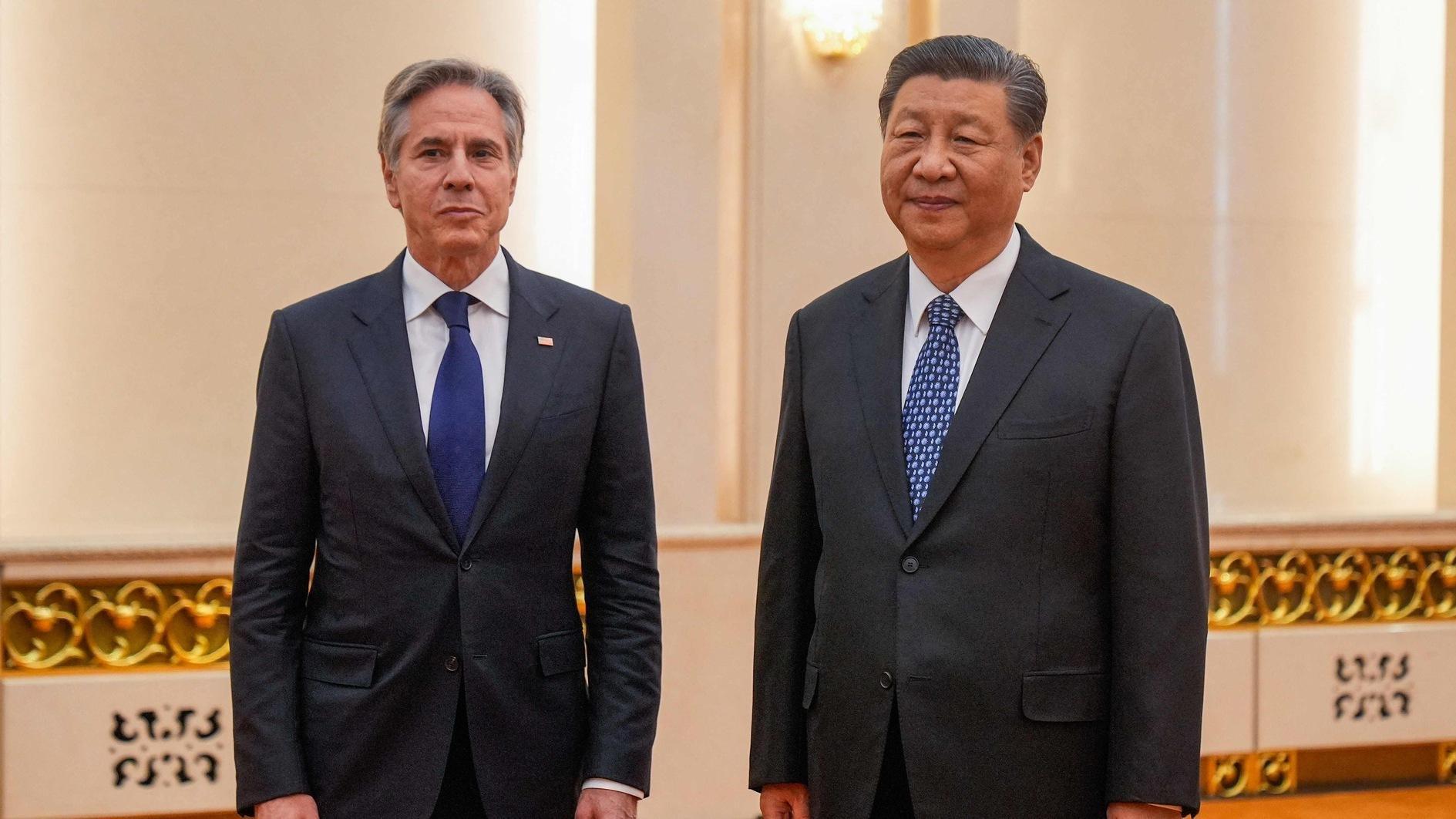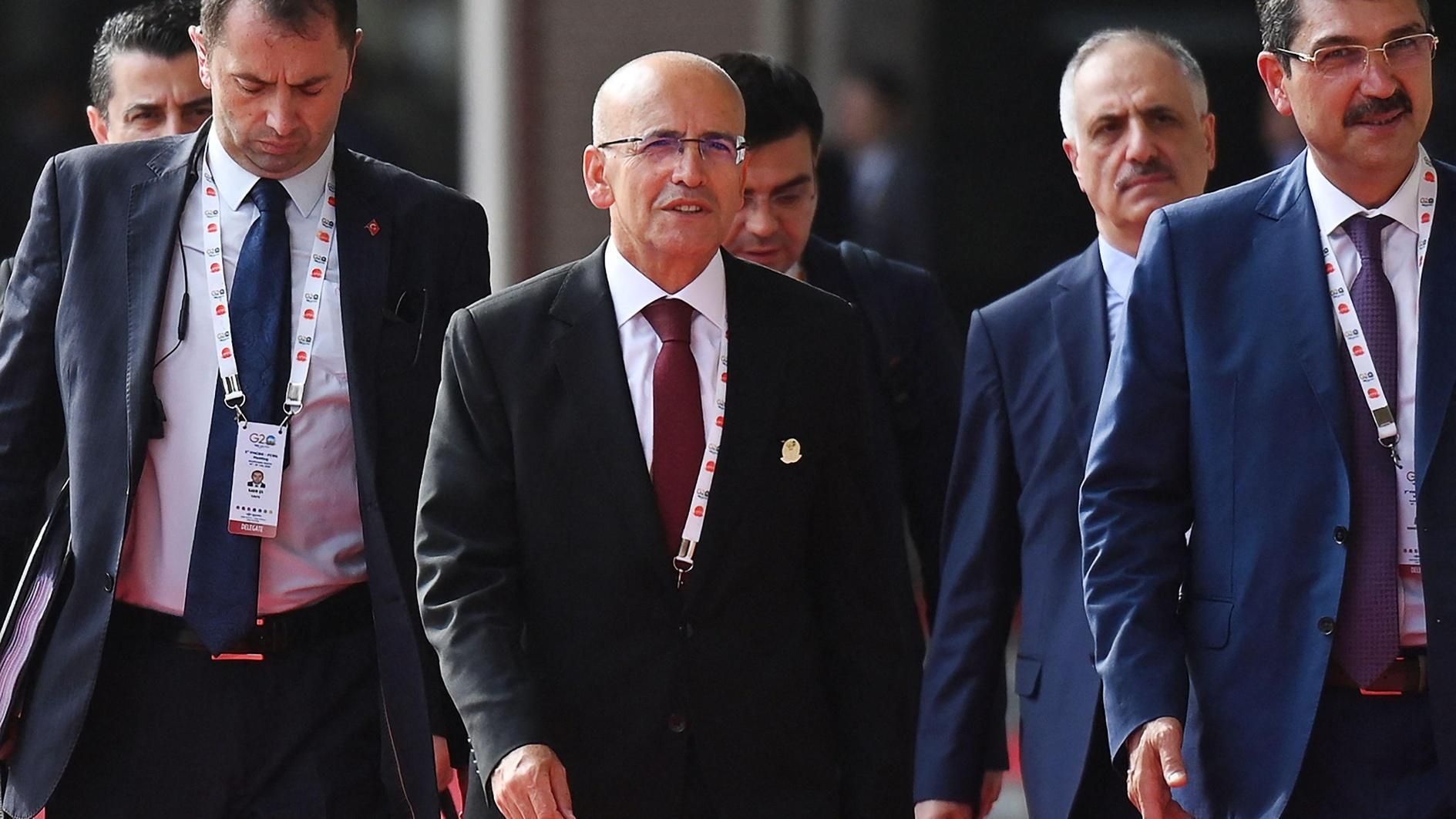A rare chance in the Kurdish problem
It seems that the first echoes of the step taken by the Turkish government to allow two Kurdish-origin members of Parliament to go and talk to Abdullah Öcalan, the imprisoned leader of the outlawed Kurdistan Workers’ Party (PKK), as part of dialogue for a peaceful solution to the country’s chronic problem are positive beyond expectations.
Yet the echoes are different in every corner of the political and social stage.
The “credit” given to the government on Jan. 5 by Kemal Kılıçdaroğlu, the leader of the main opposition Republican People’s Party (CHP), is a valuable development. Prime Minister Tayyip Erdoğan was angry about the word “credit” used by Kılıçdaroğlu in a “Who are you to give me credit?” sort of attitude, but he also asked him to take joint steps in Parliament. Despite fierce lip service by the Nationalist Movement Party (MHP) against the government initiative, the mood among the MHP leadership is reported to be cautiously optimistic.
The echo in the media is important, too. Besides a generally positive attitude, there was an important and unusual declaration as well. Aydın Doğan, the head of Turkey’s most influential mainstream media group, sent a letter to his employees that he favors a “language of peace” in reporting the developments regarding the Kurdish issue in order to encourage an end to the country’s terrorism problem.
But will Kurdish nationalists themselves make use of this rare chance?
The attitude of the Peace and Democracy Party (BDP), which is focused on the Kurdish problem, is critically important for the whole process. The first response of the BDP was supportive and has already born some results. For example, after talking to BDP co-chair Gültan Kışanak, Zübeyir Aydar, the Brussels-based chief of the PKK front organization, the Kurdistan Communities’ Union (KCK), changed his tone to abide by whatever Öcalan has to say. The Jan. 6 headline story of daily Özgür Gündem, which is sympathetic to the PKK, mentioned the possibility of a solution this time, putting forward a condition as simple as easing the prison conditions of Öcalan in order to take the next step.
And what will the next step be? Could it be the terminology of “negotiations” to replace “talks”? The withdrawal of armed PKK militants from Turkish soil, to Iraq, Syria and Iran? The release of some arrested KCK members in jail without any conviction? In order to understand, we have to wait for the official statement of the BDP on the government initiative first, which may not take too long to come.











